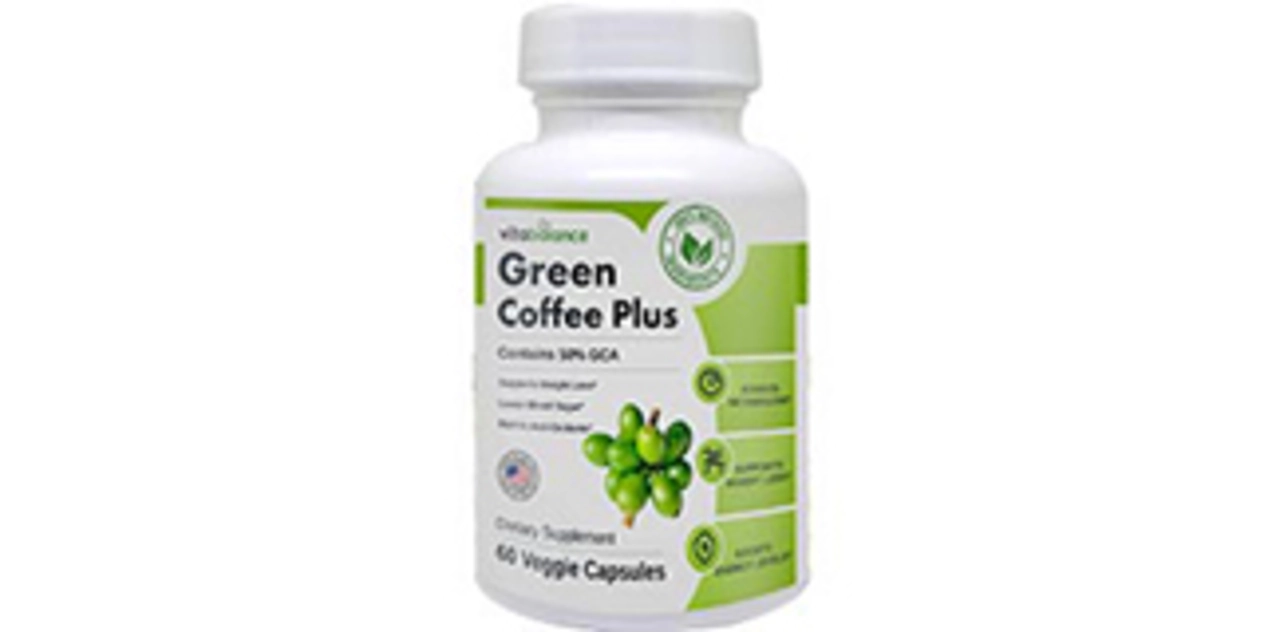Boost Your Immunity With Everyday Actions
If you want a stronger defense against bugs, the first step is to treat your body like a well‑tuned machine. Simple changes in what you eat, how you rest, and how you handle stress can make a big difference.
Food That Fuels Your Defense
Vitamins A, C, D and zinc are the MVPs of immune health. Load up on orange fruits, bell peppers, broccoli, and leafy greens for vitamin C; choose carrots, sweet potatoes, or pumpkin for vitamin A. Fatty fish such as salmon give you omega‑3 fats that calm inflammation while supporting white‑blood‑cell function.
Don’t forget the power of probiotics. Yogurt, kefir, kimchi and sauerkraut add friendly bacteria that keep your gut barrier strong—a key part of the immune system.
Rest, Recovery & Stress Management
Sleep is when your body rebuilds its defenses. Aim for 7‑9 hours a night; set a consistent bedtime, dim lights an hour before, and avoid screens that mess with melatonin.
Chronic stress releases cortisol, which can blunt immune responses. Short walks, deep‑breathing exercises, or a quick hobby break can lower cortisol levels in minutes.
Hydration matters too. Water helps transport nutrients to cells and flushes out toxins that could weaken immunity.
Smart Supplement Choices
When food alone isn’t enough, targeted supplements fill the gaps. A daily vitamin D3 dose of 1000‑2000 IU works for most adults living in moderate latitudes; check your blood level if you’re unsure.
Zinc lozenges (15–30 mg) taken at the first sign of a cold can shorten symptoms, but don’t exceed 40 mg per day to avoid interference with copper absorption.
For those looking for brain‑immune support, phosphatidylserine has been shown to reduce stress hormones and keep mental clarity sharp—helpful when you’re fighting off an infection.
Lifestyle Hacks That Pay Off
Regular moderate exercise (30 minutes most days) boosts circulation of immune cells. Avoid over‑training; extreme cardio can temporarily suppress immunity.
Avoid smoking and limit alcohol. Both weaken the airway lining and reduce the ability of immune cells to respond quickly.
Keep your hands clean, especially before meals or after being in public places. Handwashing with soap for 20 seconds is still one of the cheapest, most effective defenses.
When to Seek Professional Help
If you notice persistent fatigue, frequent infections, or unexplained weight loss, talk to a doctor. Blood tests can uncover deficiencies that simple diet changes won’t fix.
Vaccinations are another layer of protection. Flu shots, COVID boosters and other recommended vaccines train your immune system without the risk of disease.
Finally, remember that immunity isn’t a single switch you flip. It’s a collection of habits that add up over time. Start with one change—add an extra serving of veggies today, or set a bedtime alarm tonight—and watch how quickly you feel more resilient.
